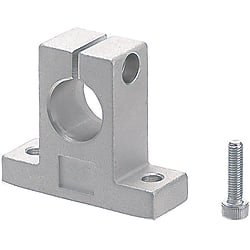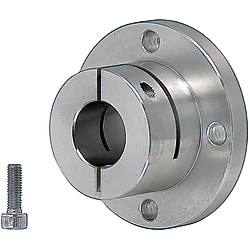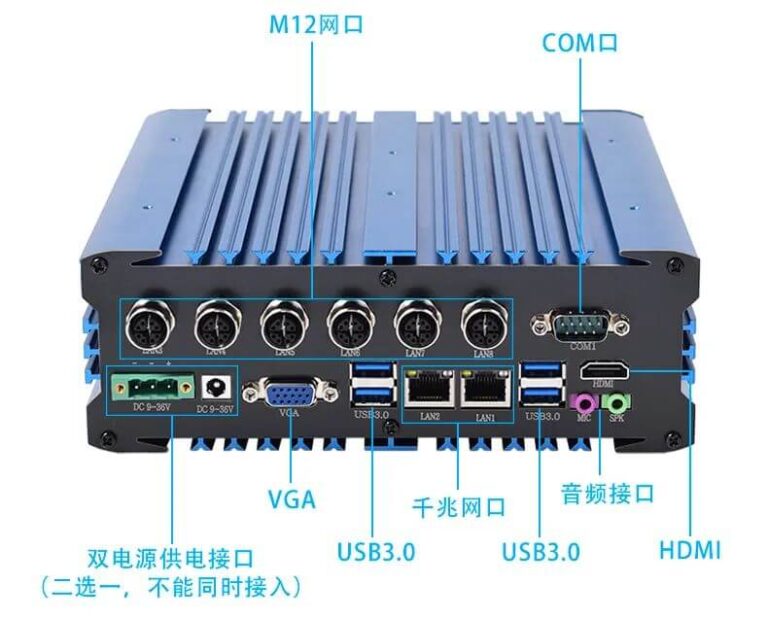In the realm of electronic communications, the reliable transmission of data is paramount. However, the delicate nature of serial communication, particularly RS232, can be susceptible to various electrical disturbances. To safeguard your equipment and ensure uninterrupted data flow, isolateur RS232 devices emerge as indispensable tools.
In this in-depth exploration, we’ll delve into the intricacies of isolateur RS232 technology, unraveling its core principles, benefits, and practical applications. We’ll also discuss the critical factors to consider when selecting the right isolateur for your specific needs.
Understanding the Basics of RS232
Before we dive into the specifics of isolateur RS232, let’s briefly recap the fundamentals of RS232. As a serial communication standard, RS232 defines the electrical characteristics and timing protocols for transmitting data between devices. While it’s a widely used standard, it’s inherently susceptible to noise and interference.
The Perils of Electrical Noise
Electrical noise, a ubiquitous phenomenon in electronic systems, can wreak havoc on delicate serial communication. Common sources of noise include:
- Electromagnetic Interference (EMI): Radiated or conducted electromagnetic energy can induce unwanted signals in cables and circuits.
- Electrostatic Discharge (ESD): Sudden discharges of static electricity can damage sensitive components.
- Ground Loops: Differences in ground potential between devices can lead to circulating currents and noise.
- Voltage Spikes: Transient voltage surges can overwhelm circuit components.
The Role of Isolateur RS232
To mitigate these risks and ensure the integrity of your serial communication, isolateur RS232 devices come into play. These devices act as barriers between two circuits, effectively isolating them from each other. By doing so, they prevent the propagation of noise and interference, safeguarding your equipment from potential damage.
Key Features and Benefits
- Noise Immunity: Isolateur RS232 devices significantly reduce the impact of electrical noise, ensuring reliable data transmission.
- Surge Protection: They offer protection against voltage spikes, safeguarding your equipment from sudden surges.
- Ground Loop Isolation: By isolating ground potentials, they eliminate the risk of ground loops and the associated noise.
- Increased System Reliability: By minimizing the impact of electrical disturbances, isolateur RS232 devices enhance the overall reliability of your system.
- Extended Equipment Lifespan: By protecting your equipment from damage, isolateur RS232 devices can extend its lifespan.
Selecting the Right Isolateur RS232
Choosing the appropriate isolateur RS232 for your specific application requires careful consideration of several factors:
- Channel Count: Determine the number of channels required to accommodate your specific communication needs.
- Data Rate: Ensure the isolateur can support the desired data rate.
- Isolation Voltage: Select an isolateur with sufficient isolation voltage to withstand potential voltage differences.
- Power Supply Requirements: Consider the power supply voltage and current requirements of the isolateur.
- Environmental Factors: Evaluate the operating temperature range, humidity, and other environmental conditions.
- Additional Features: Some isolateur RS232 devices offer additional features like diagnostic capabilities, fault detection, and remote configuration.
Practical Applications of Isolateur RS232
Isolateur RS232 devices find widespread applications in various industries and scenarios:
- Industrial Automation: Protecting control systems from electrical noise and interference.
- Medical Equipment: Safeguarding sensitive medical devices from potential damage.
- Telecommunications: Ensuring reliable data transmission in telecommunication networks.
- Laboratory Equipment: Protecting laboratory instruments from electrical disturbances.
- Data Acquisition Systems: Ensuring accurate and reliable data collection.
FAQs
Q: What is the difference between an isolator and a coupler? A: While both devices are used in serial communication, isolators provide electrical isolation between circuits, preventing the propagation of noise and interference. Couplers, on the other hand, simply connect two devices without providing isolation.
Q: Can I use an isolateur RS232 to extend the distance of a serial connection? A: While isolateur RS232 devices can improve signal integrity, they are not designed to extend the physical distance of a serial connection. For long-distance transmission, consider using RS-485 or other suitable communication standards.
Q: How do I know if my RS232 connection is experiencing noise issues? A: Common signs of noise-related issues include intermittent data errors, garbled data, or complete loss of communication.
Q: Can I use an isolateur RS232 with any RS232 device? A: Yes, isolateur RS232 devices are compatible with most RS232 devices. However, it’s essential to ensure compatibility with the specific data rate and voltage levels.
Conclusion
In conclusion, isolateur RS232 devices play a crucial role in safeguarding your serial communication systems from electrical disturbances. By understanding their principles, benefits, and selection criteria, you can effectively implement these devices to enhance the reliability and longevity of your equipment.
By investing in isolateur RS232 technology, you can ensure the smooth and uninterrupted flow of data, even in the most challenging electrical environments.



